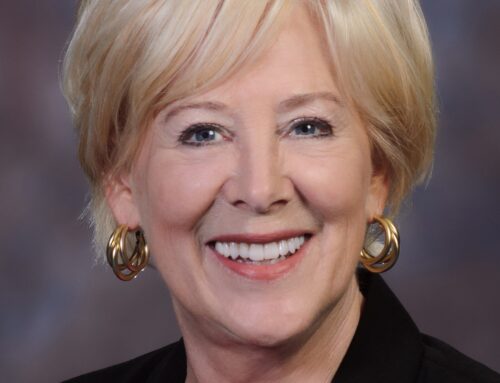In his new book, veteran policy analyst Jack Jennings shows how federal initiatives have missed the critical issues in K-12 education and society
Jack Jennings is legendary in K-12 education policy. He spent more than 50 years in Washington—divided between serving as the head staffer on the House Education and Labor Committee and founder of the Center on Education Policy. As a young federal reporter at Education Week in the 1990s, Jack was the first person my team called on for just about anything related to the Hill—he would know all the details and the strategies.
Jack recently put together his thoughts and experience in a book, Fatigued by School Reform, a title fitting for all the starts and stops brought on by political interests in education, which he presented to the Learning First Alliance’s board of directors this month.
Jack takes us back to the 1966 Coleman study, the groundbreaking study that examined segregation, inequities, and parental influence, ultimately determining that a students’ family background and socioeconomic diversity in the classroom would be the biggest factors determining the students’ academic achievement. Teacher quality was second. And in 50 years, Coleman’s findings have been challenged but have held strong.
But in the decades since Coleman, the four major school reform efforts have focused elsewhere:
- Equity (1960s-70s)
- Standards and Tests (1980s-90s)
- Accountability or test-driven reform (2000-2015)
- Choice (1992-present)
Jack’s conclusion is that school reforms have been oversold: Elected officials are responsible for solving economic and social problems, not schools. To succeed, school reform must be re-focused on parents and teachers to overcome the power of low parental socioeconomic status. Parents need good jobs with good wages, whereas schools need to provide good preschool and after-school programs for students and help their parents.
Jack’s theory finally turns to many of the social justice issues and inequities brought on by a larger societal pressures that our public schools have faced for years with little progress. We must address these larger societal issues to begin to mend the pervasive racial and socioeconomic inequities in learning and academic achievement. As our nation faces COVID-19 and open racism and injustice, Jack’s book reminds us of the huge tasks ahead.





